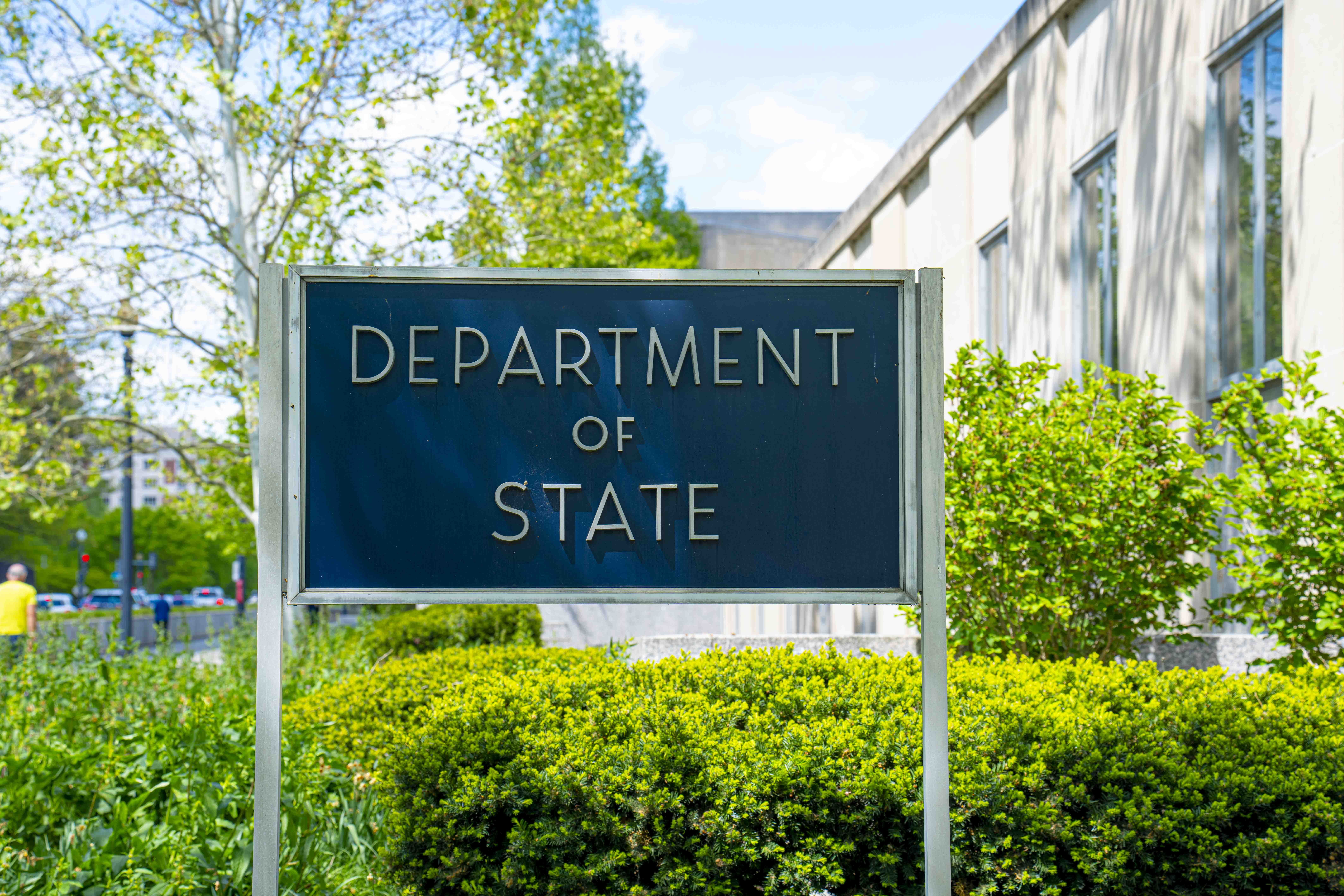Civilization
The Case for a More Strategic U.S. Foreign Policy
American foreign policy has been inconsistent since Bush Junior and has changed from President to President. It needs to stay consistent.

As the nation focuses on the coming presidential election, the foreign policy landscape surrounding the United States is in disarray. Israel is bracing for a retaliatory Iranian attack following their killing of Hamas political leader Ismail Haniyeah in Tehran, Hezbollah commander Fuad Shukr, and Hamas’ military chief Mohammed Deiuf, one of the architects of the October 7 attack. As the Middle East teeters on the brink of a larger war, the United States is trying to balance support for Israel while minimizing the risk of a region-wide conflict. Concurrently, the war in Ukraine grinds on, with Ukraine making stunning advances into Russian territory this week, a bold incursion not likely to be enough to bring a swift end to the fighting. Latin America is also convulsed in political turmoil including in Venezuela where protesters are taking to the streets to protest Nicolas Maduro’s refusal to cede power after an election most observers believe he lost.
Needed: a foreign policy paradigm that can transcend administrations
America’s alliances are troubled too: Turkey’s Erdogan recently said that Turkey would consider intervening militarily in Israel. And even Canada is not on track to meet NATO’s military spending requirement of 2% of national GDP anytime this decade.
China continues its unabated counterintelligence and economic espionage efforts against the U.S., as a former Obama defense adviser warns that China, North Korea and Iran are bolstering their nuclear capabilities.
Now, in this cauldron of chaos, is the time for the United States to formulate a coherent and consistent foreign policy from one administration to the other. The Cold War ended nearly 40 years ago, and it is time to imagine a new foreign policy paradigm which would safeguard U.S. interests while improving the lives of others.
Traditionally Americans have oscillated between minimalist and maximalist foreign policy approaches. Think about the contrast between the “America first” protectionism offered by today’s national conservatives and the desire to spread the gospel of democracy shared by Woodrow Wilson and George W. Bush.
We have seen economic booms and busts, presidents of both parties, and times of severe polarization and rousing unity. Through it all, though, we have viewed each new foreign policy crisis as a one-off situation, as threats viewed through the current en vogue interpretation of America’s founding ideals.
As Presidents come and go, foreign policy changes with them
The reasons for George W. Bush’s invasion of Iraq have been ascribed as a wish to finish the job his father had started, a search for WMDs which proved elusive, and the spreading of democracy to the Arab world. For Obama, questions of American credibility were pushed aside in service of short-term goals. He was successful in killing bin Laden, but failed at other times, such as his infamous “red line” comment threatening Assad with American military power if he used chemical weapons on his own people. The lesson that Russia, China, and Iran took from that period is that America is not serious about keeping its security commitments.
Donald Trump made impulsive decisions and vacillated between strangely friendly or aggressive rhetoric toward North Korea’s Kim Jong Un and Russian President Vladimir Putin. Biden, the most experienced foreign policy president we have had in decades, seems committed to the postwar neoliberal rules-based order. But as one crisis after another has inflamed the world these last few years, the future of that vision is insecure. In both Ukraine and Israel, the United States has drifted into a sleep-walking posture of providing weapons, money, and rhetorical support, without clearly affixing these things to an objective that is in America’s interest.
Need for consistency
There are still many questions that need to be answered: What would be the effects of allowing Ukraine into NATO? What would a lasting peace look like in Israel? What exactly ought the U.S. do if China invades Taiwan?
Answering these and other questions is impossible without a clear strategic vision. Both elected officials and ordinary Americans should think seriously about how we want to spend our money, influence, and lives over the next few years and decades. We are rich and we are powerful, yes, but we have not transcended the fundamental reality that we are limited. We must prioritize intentionally, or we will do it accidentally. Our current strategy is akin to a person who refuses to budget, often uses credit cards without worrying about the interest, and figures it will all work out in the end.
We should expect presidential candidates to treat foreign policy like a front row issue and hold themselves to some strategic framework. The frameworks of the past are not sophisticated enough to serve us any longer. A more complex world will require a more complex strategy, no doubt, but we must begin with where we are: What should the United States seek to accomplish with our foreign policy and what should we accept that we cannot accomplish?
This article was originally published by RealClearWorld and made available via RealClearWire.
John Kitch is Assistant Professor of Instruction in political science at Texas State University
-

 Accountability3 days ago
Accountability3 days agoWaste of the Day: Principal Bought Lobster with School Funds
-

 Executive1 day ago
Executive1 day agoHow Relaxed COVID-Era Rules Fueled Minnesota’s Biggest Scam
-

 Civilization11 hours ago
Civilization11 hours agoWhy Europe Shouldn’t Be Upset at Trump’s Venezuelan Actions
-

 Constitution2 days ago
Constitution2 days agoTrump, Canada, and the Constitutional Problem Beneath the Bridge
-

 Civilization1 day ago
Civilization1 day agoThe End of Purple States and Competitive Districts
-

 Christianity Today10 hours ago
Christianity Today10 hours agoSurprising Revival: Gen Z Men & Highly Educated Lead Return to Religion
-

 Civilization5 days ago
Civilization5 days agoThe devil is in the details
-

 Executive23 hours ago
Executive23 hours agoWaste of the Day: Can You Hear Me Now?











